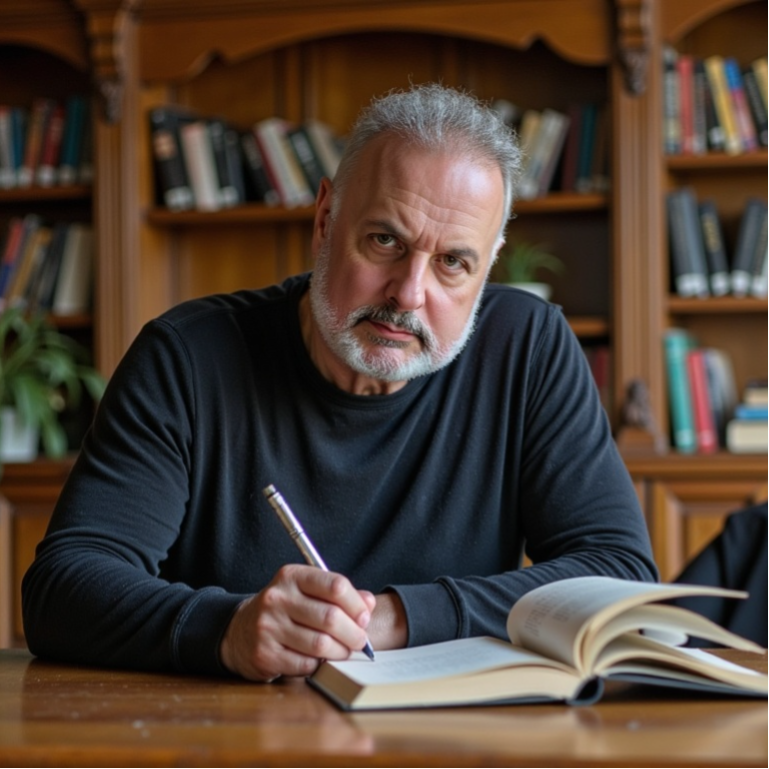
C.V. Wooster
A historian with a soft spot for human complexity.
C.V. Wooster has spent more than a decade studying the private emotions behind public history. Where most scholars focus on what happened, Wooster is more interested in what people were feeling when it happened—the attachments, insecurities, loyalties, wounds, and quiet motivations that shaped the figures who shape our world.
A Historian Who Writes for Humans, Not Just Textbooks
Wooster’s work sits at the intersection of history and psychology. He’s drawn to the hidden inner lives of leaders, artists, inventors, revolutionaries, and people who never thought their diaries and letters would be dissected for emotional insight centuries later.
With a background in historical research and deep interest in attachment theory, Wooster approaches the past not as a list of events, but as a living emotional ecosystem. His writing blends rigorous research with narrative warmth—layered with subtle humor, curiosity, and empathy.
The Idea Behind History: Un-Attached
This book was born out of a simple but radical question:
What if history’s greatest figures had gone to therapy?
From that question came a project that reimagines historical icons through their emotional patterns and attachment wounds. Wooster doesn’t attempt to diagnose long-gone figures—but he does invite readers to explore how power, trauma, ambition, insecurity, and longing quietly colored their decisions.
In every chapter, Wooster combines:
-
archival detail
-
psychological insight
-
modern understanding of attachment
-
and a dash of dry humor
The result: history that feels alive, human, and unexpectedly relatable.
Writing That Feels Both Smart and Playful
Wooster believes history should be insightful and enjoyable.
His tone is thoughtful but not overly academic, witty but never unserious.
Whether he’s exploring Napoleon’s control issues, Joan of Arc’s conviction, or the quiet doubts of inventors and revolutionaries, Wooster’s writing respects the humanity of each figure—even when he gently pokes at their emotional blind spots.
His work has been praised for being:
-
intelligent without being intimidating
-
humorous without being dismissive
-
emotionally aware without being sentimental
It’s history told with warmth, nuance, and emotional honesty.

Beyond the Archives
When he’s not researching or writing, Wooster can be found reading old letters, testing historical recipes he absolutely shouldn’t trust, or taking long walks where he thinks about how emotional patterns shape societies just as much as politics do.
His work continues at the intersection of history, emotion, and the quiet inner lives behind great achievements.
Connect
Stay updated on upcoming chapters, launch announcements, and the animated series based on History: Un-Attached.
Subscribe below to join the author’s newsletter.
Thank you for subscribing!
Have a great day!
